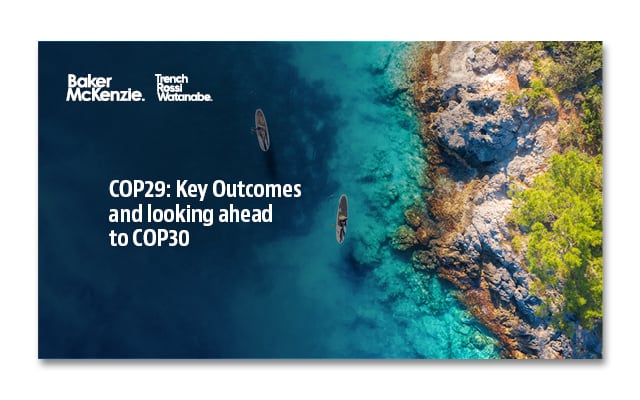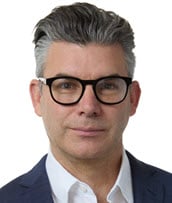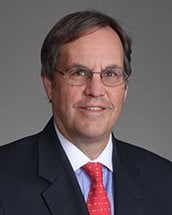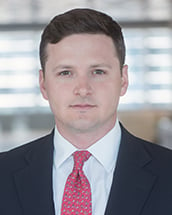The 29th annual conference under the United Nations Framework Convention on Climate Change (UNFCCC) in Baku, Azerbaijan, concluded with significant strides in climate finance and policy. Billed as the “Finance COP,” there was much anticipation as to whether a new collective goal on climate finance would be set and if the Article 6 rulebook would be finalized.
Read insights from our Global Climate Change Practice Group to learn more.

Key outcomes
- New climate finance goal
A new collective quantified goal was set to mobilize at least USD 300 billion per year by 2035 for developing countries. - Article 6 rulebook now complete
The rulebook for Article 6 of the Paris Agreement governs international carbon markets and includes standards for methodologies and removals, enabling the operationalization of the Paris Agreement Crediting Mechanism. - Loss and damage fund
The fund is now ready to accept contributions and is expected to start financing projects in 2025. - The crucial role of private sector finance
The significant amount of climate finance needed highlighted the importance of mobilizing private sector finance. Exploring funding methods and other financing instruments to address the gap will be required.






